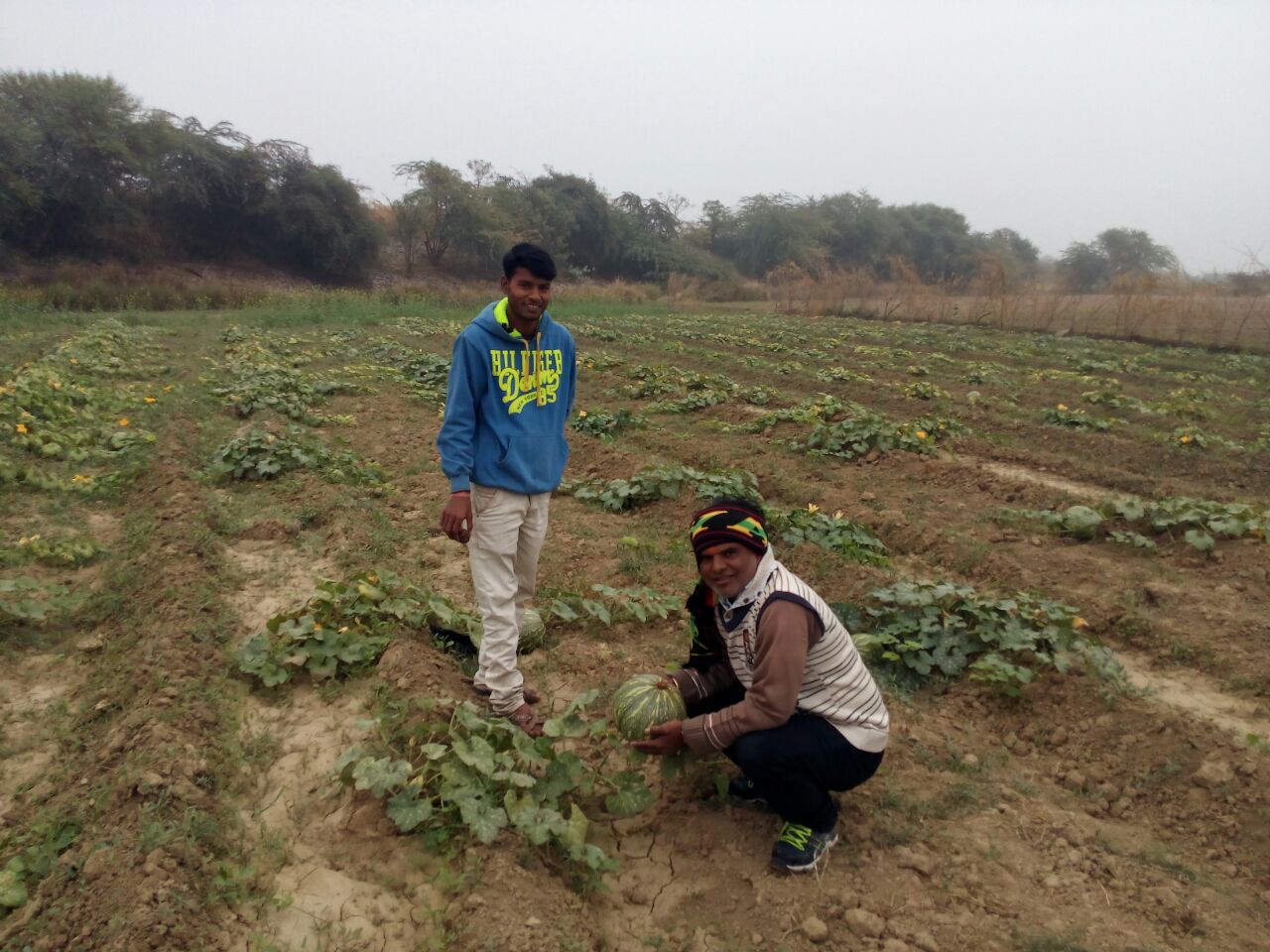Securing Water for Sustaining Livelihoods
I
n the year 2013, Development Alternatives expanded its footprint further in the Bundelkhand region and initiated activities in Shivpuri district of Madhya Pradesh. Though the district is not one of the thirteen districts that are together known as Bundelkhand, the agro-ecological and socio-economic context in Shivpuri and therefore the challenges for rural development in the district are very similar in nature to that of Bundelkhand. With about a third of the population belonging to scheduled castes and tribes and nearly half of the rural population falling below the poverty line, the chronic drought conditions wreak havoc on the farm based livelihoods of the people.It is in this context that the project ‘Access to Water for Sustainable Livelihoods’ was initiated in three villages of Pichhore block of Shivpuri with the support of The Coca-Cola Foundation and with the objective of improving water resources and availability for enhancing livelihood security of the communities in these three villages. The hypothesis for the intervention was simple – water security was the most critical factor compromising livelihood security and holding back development in these villages, and so it was of paramount importance to first invest in improving the water resources. The natural resource base thus secured would provide the platform for livelihood enhancement based on integrated approaches that optimise resource efficiency and thereby yield sustainable outcomes.
Angad, a young man from the village
of Dulhai, was educated but unemployed but he displayed a positive outlook
towards testing and adopting new approaches and technologies on his farm. He
was one of the first to adopt the agro-forestry based model and plant guava
and amla trees on his farm while utilising the spaces between the
trees for vegetable farming.

While the fruits trees would take a few years to mature and yield fruit, the returns from the vegetables were immediate and this encouraged Angad to explore ways to enhance his farm production even further. Adoption of organic fertlisers and the improved availability of soil moisture slowly nurtured back the health and productivity of the farm.
Having tasted success, Angad is now setting his sights higher. He has already started fish farming in his farm pond and is also volunteering for pilot testing of a household biogas unit. The possibilities for resource and nutrient cycling between these multiple activities promises to demonstrate an exciting model of an integrated farming system.
Today, Angad is a proud farmer. He has not only realised multiple revenues from his erstwhile unproductive farm but is also actively influencing his peer farming community to adopt similar approaches. It would perhaps not be wrong to consider him a social entrepreneur. With young farmers like Angad taking a lead, the future of agriculture in our country can be very bright.
The intervention in its first year focused on establishing water and soil conservation structures and formation and capacity building of community institutions such as women’s self help groups and farmers’ clubs. In the second and third year, the focus has been on livelihood development and systems for ensuring that the benefits are sustained through community based systems.
The abundant rains in this year have allowed the full potential of the water conservation structures to be utilised and ground water recharge to take place and subsequent rise in water levels in wells in the post monsoon period has been recorded. Over one lakh cubic litres of water has been conserved and atleast 700 families have directly benefited in terms of access to water, climate resilience and livelihood enhancement.
The intervention effectively demonstrates not only the critical importance of securing the natural resource base, especially in climate affected regions, but also the need for undertaking in parallel livelihood enhancement activities that enable the translation of the secure natural resources into socio-economic outcomes so that the communities are motivated to continue to take stewardship of the natural resources. ■
Mayukh Hajra & Ashok Thakur
mhajra@devalt.org, athakur@devalt.org